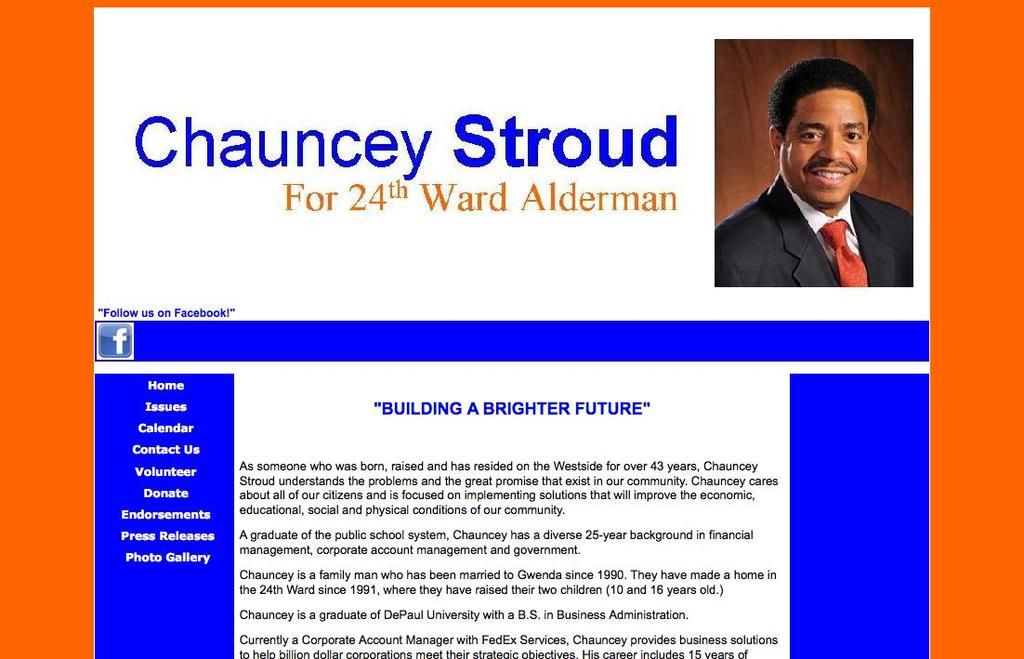Economic Indicators Pointing Towards a Deceleration - When Will the Federal Reserve Step In?
📣 Time for some plain-talk economics, y'all! Let's take a look at the current state of our economy, shall we?
Looks like the folks in charge are keeping a tight lid on the fact that things are cooling down. While the stock market's been doing its thing - up 1.3% to 2.0% for the last week in May, hitting a 9.6% gain for Nasdaq - the real story seems to be about the tug-of-war with tariffs rather than our actual economic conditions.
But here's the skinny on what's really going on: the soft data, based on surveys, suggests that our economic growth ain't looking too hot. We ain't exactly in a Recession yet, but if this softening keeps up, well, we just might find ourselves there before too long.
Check out these signs:- One in eight respondents said they'd be struggling to meet a minimum debt payment in the next three months.- Walmart's cutting jobs - now, that ain't a lot for a behemoth like Walmart, but it also means they ain't hiring like they used to.- Americans are scaling back on their vacation plans - that means less money flowing into the leisure/hospitality sector.- The Job Openings and Labor Turnover Survey is showing a rapidly falling rate of new hires from private businesses. Yikes!
The unemployment rate is creeping up too - it's now at 4.2%, and the Federal Reserve's predicting it'll hit 4.5% by year's end. Our hunch, though, is that it'll be pushing towards 5% by then.
Soon enough, the soft data's gonna turn into hard data. Take the Q1 GDP growth, for instance, with a whopping negative 0.2%. We think Q2's gonna show similar sneaker prints.
You might've noticed that single family starts fell 14.0% in March, and another 2.1% in April. Pending home sales took a hit too, with a 6.3% drop in April. To put that into perspective, the Pending Home Sales Index is now lower than it was at the worst of the Great Recession in November '08!

Curious about the iPhone? Well, Apple's been having a rough time, but don't worry, there's a new iOS 26 on the horizon, next week!
Now, moving on from homes to cars: auto and credit card delinquencies are as high as they were in '08, and finishing apartment unit lease-up times are elongating like we saw in the last Recession.
And let's talk retail sales, they've been flat to negative for the last four months. Manufacturing? It's been flat to negative for the last 18 months.
In an unsure world, people start tightening their purse strings. And given the current run of uncertainty we're seeing, it ain't surprising our economy's started to slow down.
So, what's the Fed gonna do about it? They should, in theory, be adjusting their monetary policy to ease things up, but right now, they appear to be hanging back, waiting for the soft data to turn into hard data. They should've started adjusting, like, yesterday, but that's another story.
In short, things are looking a little shaky, and the Fed's behind the curve - but we sure as heck hope we're wrong! ☹️

The Magnificent 7 might view the current economic conditions with concern, as soft data is indicating a potential economic slowdown, with signs such as rising unemployment rates, decreasing new hires, and falling retail sales. Shifts in consumer sentiment, such as scaling back on vacation plans and cutbacks in hiring by large businesses like Walmart, could have significant implications for the overall business climate. These economic jolts could be influenced by ongoing tariff disputes and policies set by the Federal Reserve and President Trump. If these trends persist, they could lead to further externalities like pending home sales and recessions.








